Edições Impressas
19 de novembro de 2024
Oral Vaccines Will No Longer Be Used in Brazil – Level 3
Article published in Joca 234
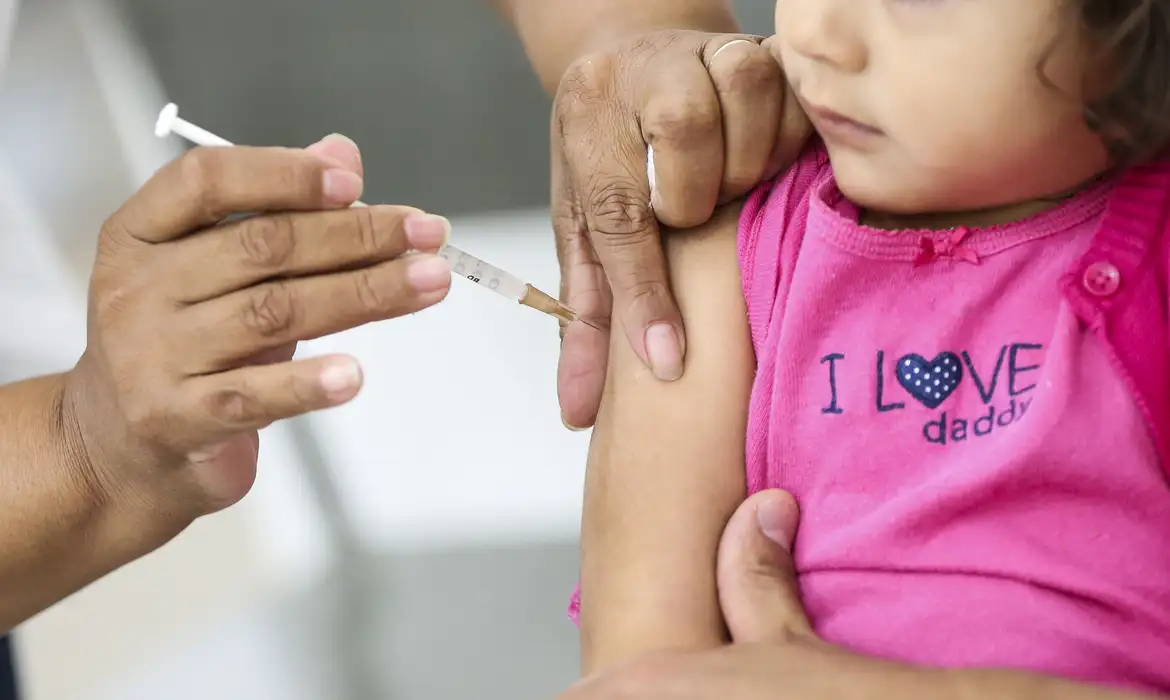
The Brazilian Ministry of Health is no longer using the oral polio vaccine, popularly known as the “droplet”, as of November 4th. It has been replaced with the injectable vaccine, given with a syringe and needle.
Children used to receive the first three (polio vaccine) doses by injection at two, four, and six months old. However, the two boosters at 15 months and age four were given orally. Now, with the new rule, all doses will be administered by injection.
According to Brazil’s National Immunization Program Department (DPNI), this change follows a global trend of vaccination systems carried out exclusively through injectable immunizers. These are thought to be safer than vaccines with a live virus, as is the case with droplets, which can cause severe reactions, especially in children with weaker immune systems. “The Ministry of Health is following a worldwide trend and replacing the two oral boosters with one dose of the injectable vaccine, which has a safer platform and protects our children very well,” said Eder Gatti, director of the DPNI, in an official statement.
What is Polio?
Polio, or infantile paralysis, is caused by poliovirus. It can cause permanent paralysis in the legs and arms. According to the Ministry of Health, the disease has been eradicated in Brazil since the 1990s, but in recent years vaccination coverage has not reached its target 95% of the population. The only protection against the disease is the vaccine.
The drop version played a key role in eliminating polio in Brazil. The first doses of the Sabin vaccine were produced in 1961, and national vaccination campaigns began soon after. The high degree of public participation in the campaigns – in which a whole day is dedicated to immunization – led to the disease’s eradication.

What Will Happen to Zé Gotinha?
To publicize the polio vaccination campaigns and ensure that the population participated, Brazil adopted a mascot, Zé Gotinha. In reference to the oral vaccine, it was shaped like a drop and became famous among the children. Despite the change to the injectable vaccine, the government has stated that Zé Gotinha will continue to be the face of the vaccination campaign against the disease.
Sources: Gov.br, Scielo, Instituto Butantan, Agência Brasil, and G1
Ixi! Você bateu no paywall!
Ainda não é assinante? Assine agora e tenha acesso ilimitado ao conteúdo do Joca.






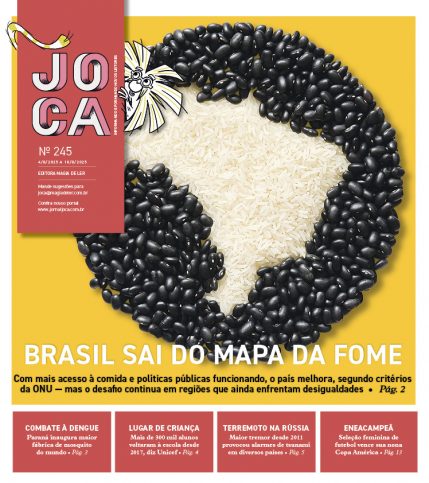

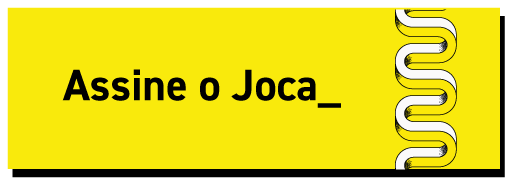
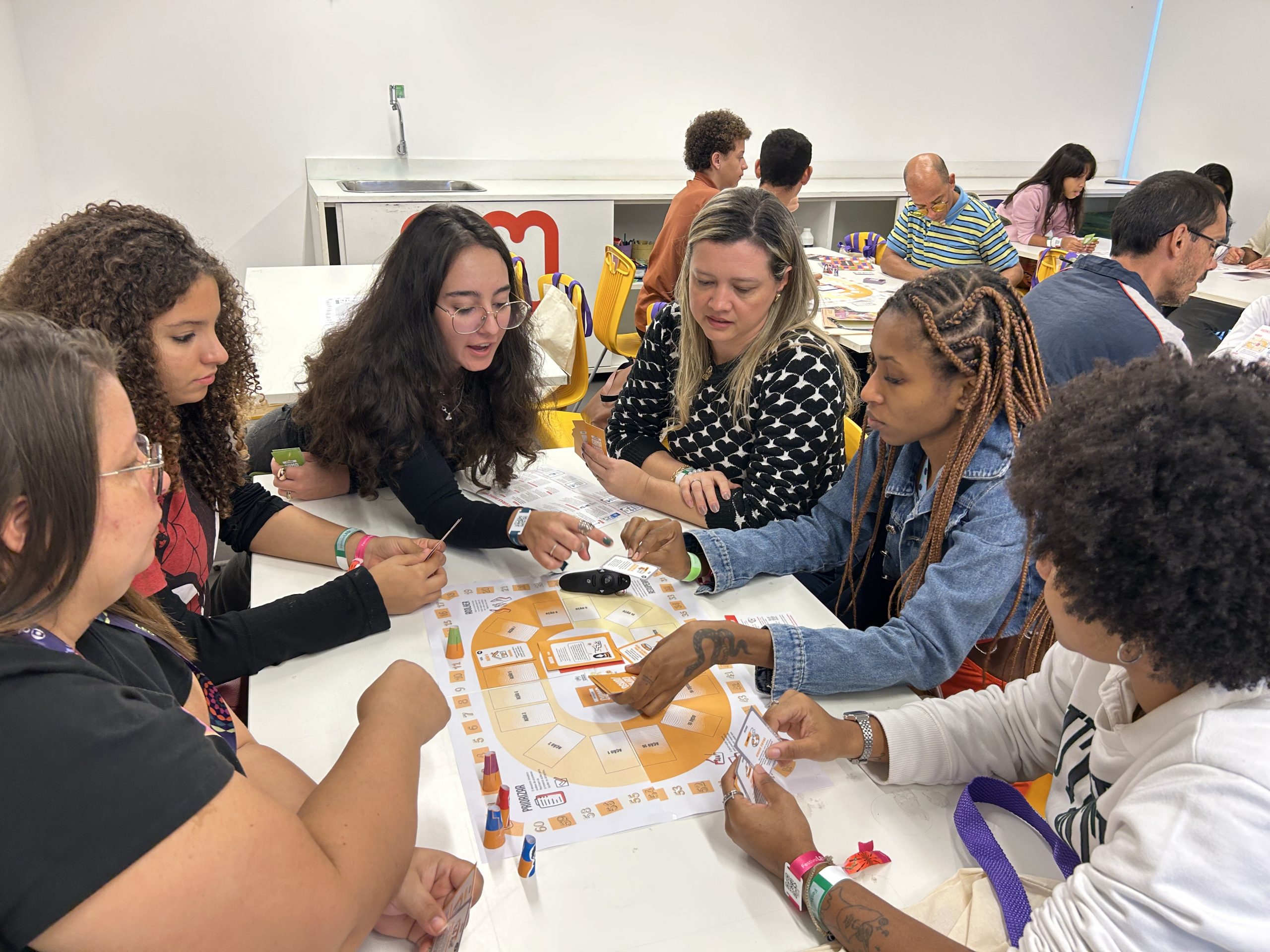
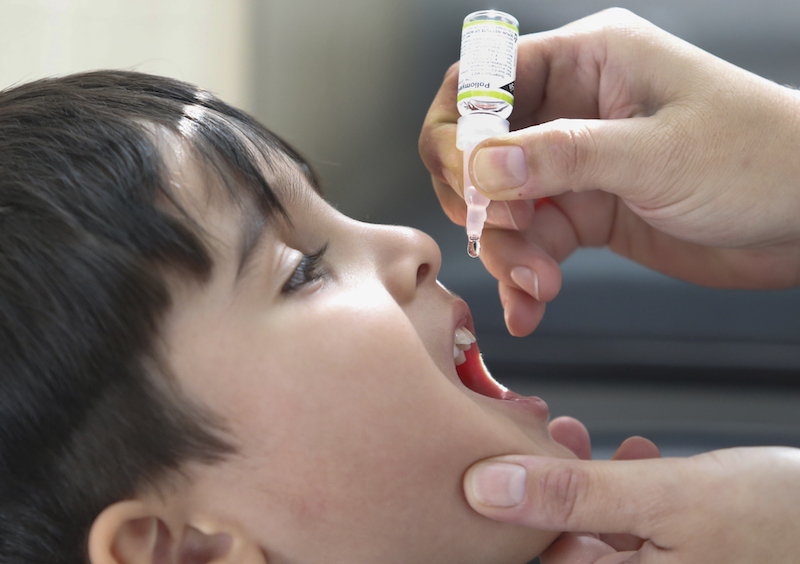
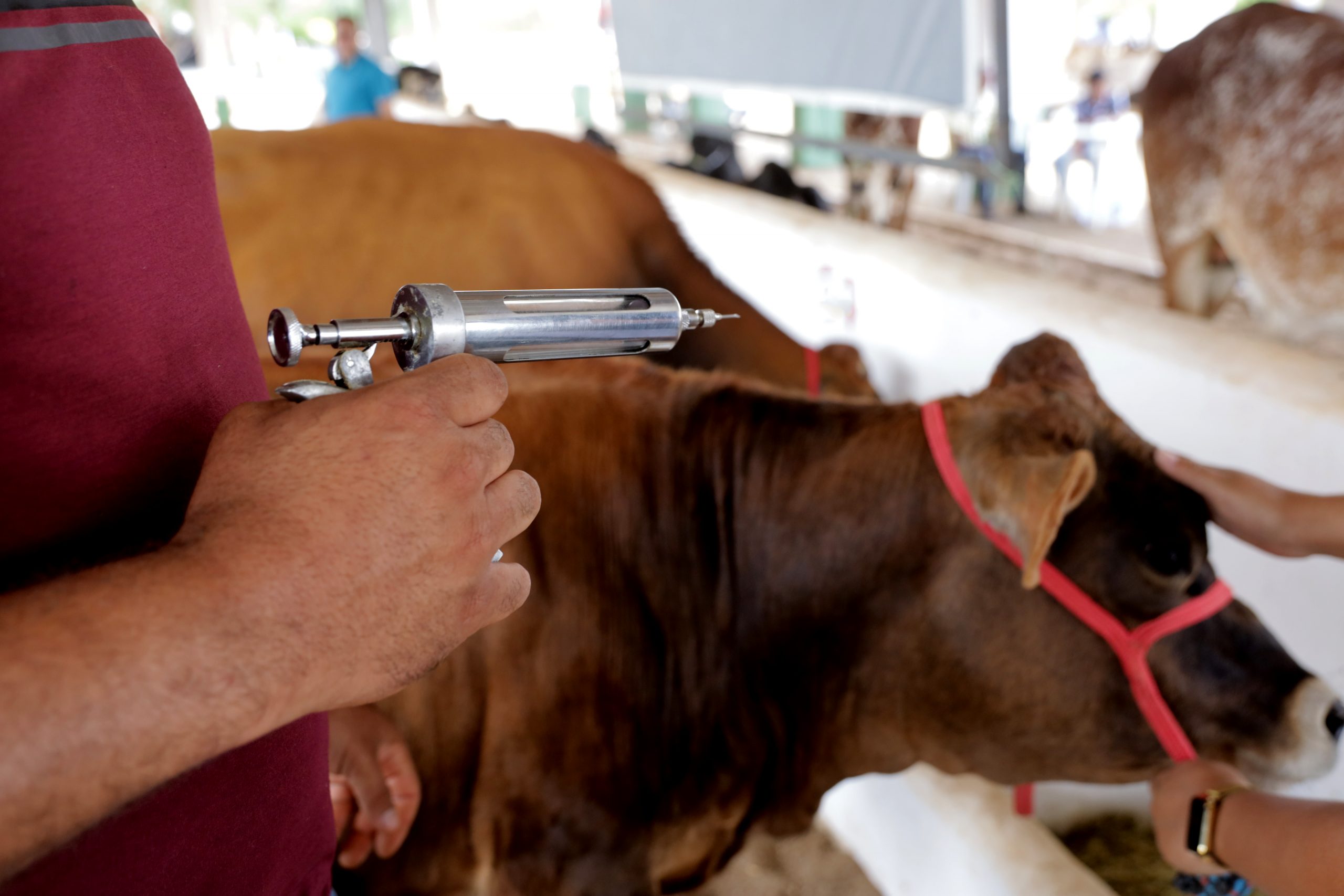
Você precisa fazer o login para publicar um comentário.